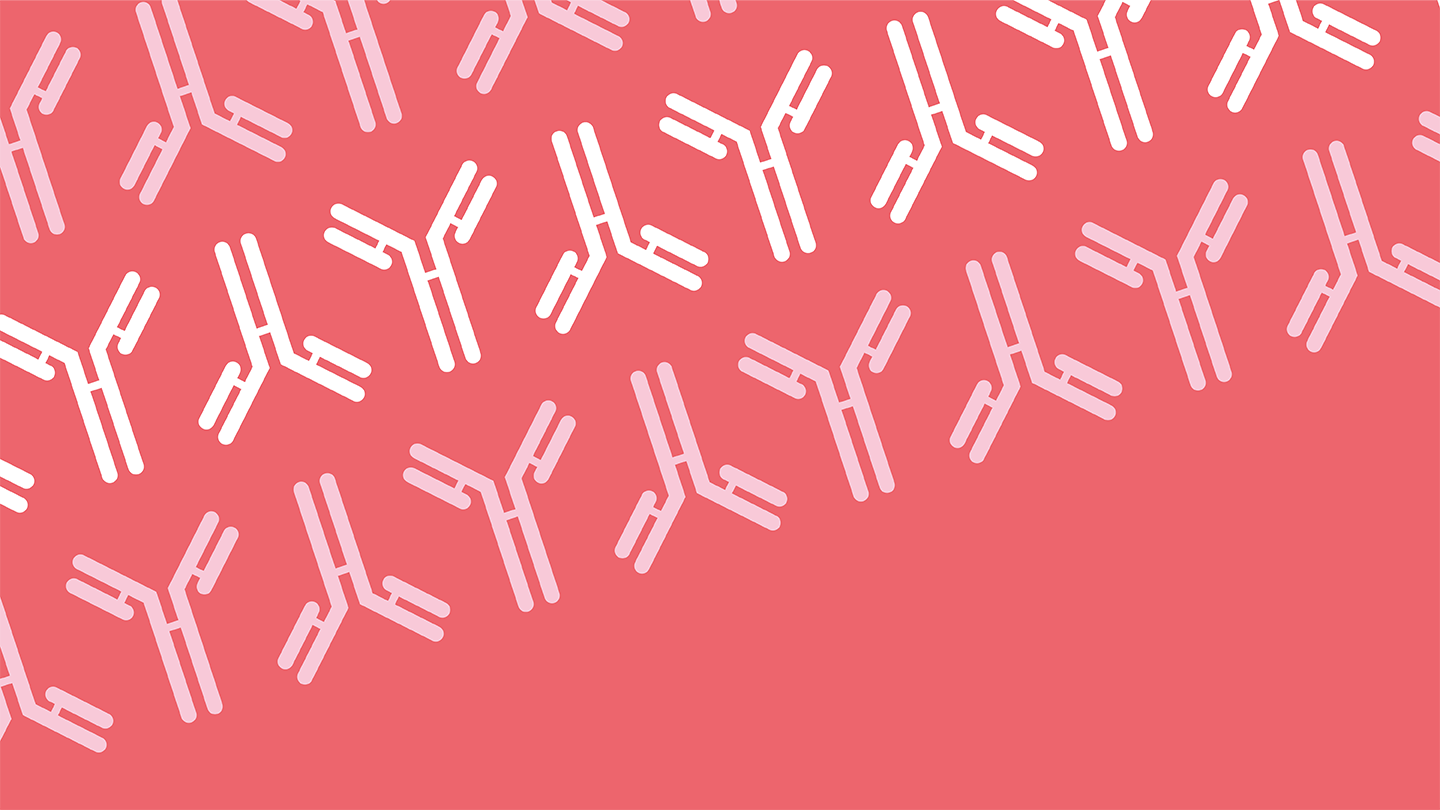
UK scientists have developed a biosensor able to rapidly and sensitively detect lung cancer biomarkers in blood serum. Published in Biosensors, the study describes a microfluidic-enabled electrochemical immunosensor designed to quantify carcinoembryonic antigen (CEA) and neuron-specific enolase (NSE) – two well-established serum biomarkers for lung cancer.
The point-of-care device functions by capturing CEA and NSE in an immunoassay sandwich, where antibodies immobilized on magnetic nanobeads bind to target proteins, forming antigen–antibody complexes. These complexes are then magnetically manipulated onto the screen-printed gold electrodes, where a second set of immobilized antibodies enables detection via electrochemical impedance spectroscopy.
The biosensor enabled quantification of CEA and NSE in serum with limits of detection of 0.76 ng/mL and 0.52 ng/mL, respectively (well below cut-off values of 5 ng/mL and 12 ng/mL). “The immunosensors also showed linear responses in clinically relevant concentration ranges (0–100 ng/mL), demonstrating their potential to become powerful point-of-care screening devices leading to early diagnosis of lung cancer and enabling prompt therapeutic interventions with improved clinical outcomes,” concluded the authors.
Future developments could expand the system to detect additional biomarkers and refine its integration into clinical workflows.
